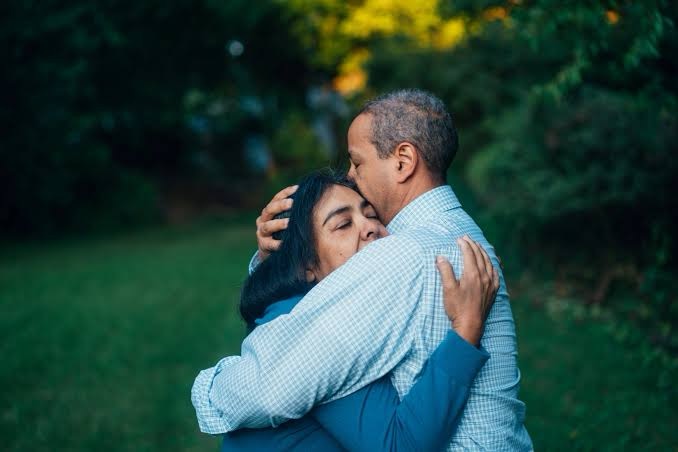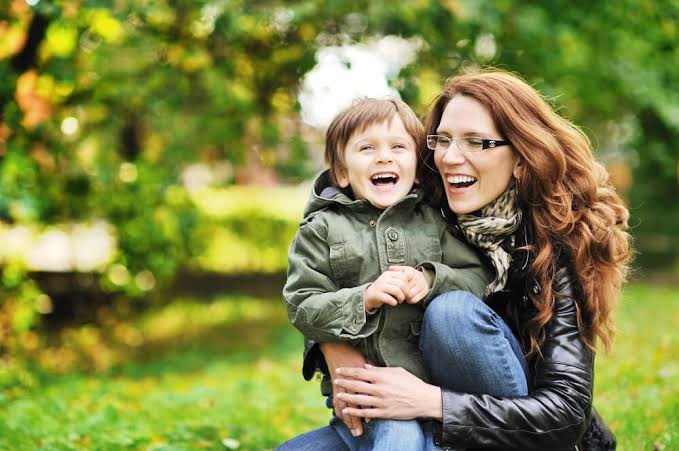
In any relationship, whether romantic, familial, or platonic, disagreements and hurt feelings are inevitable. The question isn’t whether conflicts will arise, but how you’ll respond when they do. One of the most powerful tools for healing and maintaining healthy connections is forgiveness. Far from being a passive act or a sign of weakness, forgiveness is a conscious choice that allows individuals to move past pain, rebuild trust, and create deeper, more resilient bonds.
Forgiveness may seem challenging, especially when someone we care about has hurt us, but its importance in relationships cannot be overstated. Here’s why forgiveness matters so much in the context of human connections.
1. Healing Emotional Wounds
Hurt is a natural byproduct of close relationships. Whether it’s a thoughtless comment, a betrayal of trust, or an unintentional mistake, emotional wounds can leave lasting scars. When we choose to forgive, we are actively choosing to release the grip that anger, resentment, or bitterness has on us. Forgiveness doesn’t erase the past, but it allows us to move forward without being weighed down by it.
In relationships, emotional healing is critical because it opens the door to vulnerability and intimacy. Without forgiveness, past hurts can fester, turning into lingering resentment or even bitterness, which makes it difficult to connect deeply with one another.
Forgiveness in action:
• Acknowledge your emotions honestly without letting them control your behavior.
• Practice self-compassion, understanding that forgiveness is for your well-being as much as for your partner’s.
• Choose to forgive, even if the other person hasn’t apologized, as an act of self-liberation.
2. Building Trust and Safety
Forgiveness is key to restoring trust after it has been broken. Trust is the bedrock of any strong relationship, and when it’s damaged, it’s natural to feel betrayed, hurt, or unsure. However, when forgiveness is extended, it creates an opportunity for rebuilding trust. The act of forgiving shows your partner that, despite the hurt they’ve caused, you are willing to believe in their ability to change and grow.
Forgiveness helps to create a safe emotional space where both parties can be open and honest, knowing that their imperfections won’t result in rejection or condemnation. Without forgiveness, trust erodes, and the relationship becomes fragile, unable to withstand future challenges.
How forgiveness fosters trust:
• It shows your partner that you believe in their ability to learn from their mistakes.
• It allows you to move forward together instead of dwelling on past wrongs.
• It demonstrates emotional maturity and a willingness to repair the relationship, making the bond even stronger.
3. Preventing the Cycle of Hurt
In relationships, it’s easy to fall into a pattern of repeated misunderstandings and hurt feelings. Without forgiveness, we may carry unresolved conflicts from one situation to the next, unintentionally piling up grievances. Over time, these small unresolved issues can create a cycle of blame and resentment, eroding the foundation of the relationship.
Forgiveness breaks this cycle. By choosing to forgive and letting go of grudges, you prevent the past from dictating the future. Instead of letting anger or disappointment from one situation spill over into the next, forgiveness clears the slate, allowing both individuals to approach each new challenge with a clean emotional slate.
Breaking the cycle:
• Address conflicts when they arise instead of letting them fester.
• Express your feelings openly, and be willing to listen to your partner’s perspective.
• Forgive the small things as they happen, preventing them from accumulating into bigger issues.
4. Promoting Personal Growth
Forgiveness isn’t just beneficial for the relationship—it’s also transformative for the person who forgives. When you let go of anger and resentment, you free yourself from the emotional weight that comes with holding onto grudges. It takes emotional strength and maturity to forgive, and through the process, individuals often learn more about their own capacity for empathy, compassion, and resilience.
In relationships, personal growth is a shared journey. By practicing forgiveness, both partners evolve as individuals and as a couple. The act of forgiving teaches patience, understanding, and the ability to see beyond flaws and mistakes, helping both people become more emotionally intelligent and better equipped to navigate the complexities of the relationship.
How forgiveness fosters growth:
• It teaches you to rise above the immediate emotional reaction of anger or hurt.
• It deepens your understanding of yourself and your values.
• It encourages emotional maturity and strengthens your character.
5. Restoring Connection and Intimacy
Emotional distance often follows conflict, as partners may withdraw from one another due to hurt feelings. When forgiveness isn’t present, this distance can grow, leading to disconnection and isolation. On the other hand, forgiveness allows for healing and reconnection.
Forgiving someone creates space for reconciliation. It shows that, despite the pain, you value the relationship enough to work through it together. In romantic relationships, forgiveness restores intimacy—both emotional and physical—by ensuring that the bond isn’t overshadowed by past hurts.
How forgiveness restores intimacy:
• It opens the door to emotional vulnerability, which is essential for closeness.
• It prevents emotional walls from forming between you and your partner.
• It nurtures empathy, allowing both partners to feel understood and valued.
6. Strengthening the Relationship Over Time
Long-lasting relationships are built on a foundation of mutual respect, love, and forgiveness. The longer two people are together, the more likely they are to encounter situations where forgiveness is needed. The capacity to forgive, even in difficult circumstances, strengthens the relationship, making it more resilient to challenges.
Couples who embrace forgiveness often find that their bond deepens over time. They learn to navigate conflicts in healthier ways, and they cultivate a sense of compassion and understanding that can withstand even the most testing situations. In this way, forgiveness is not only about resolving past issues but also about preparing the relationship to endure future challenges.
How forgiveness strengthens relationships:
• It encourages a mindset of problem-solving rather than blame.
• It fosters a deeper emotional connection and sense of partnership.
• It creates a cycle of growth, understanding, and compassion that strengthens the relationship over time.
Conclusion: The Power of Letting Go
Forgiveness is not easy, especially when we’ve been hurt by someone we love. But in the context of relationships, it is essential. It has the power to heal emotional wounds, restore trust, prevent negative patterns, promote personal growth, and rebuild connection. Choosing to forgive is an act of courage and love—it’s a decision to prioritize the relationship over past grievances, to give both partners the opportunity to evolve and strengthen their bond.
If you want to create a healthy, lasting relationship, forgiveness is a key ingredient. It doesn’t mean excusing harmful behavior or forgetting about the past—it means releasing the hold that anger and resentment have on you, so you can move forward together, stronger than before.
Tags:
Subscribe To Get Update Latest Blog Post
No Credit Card Required



